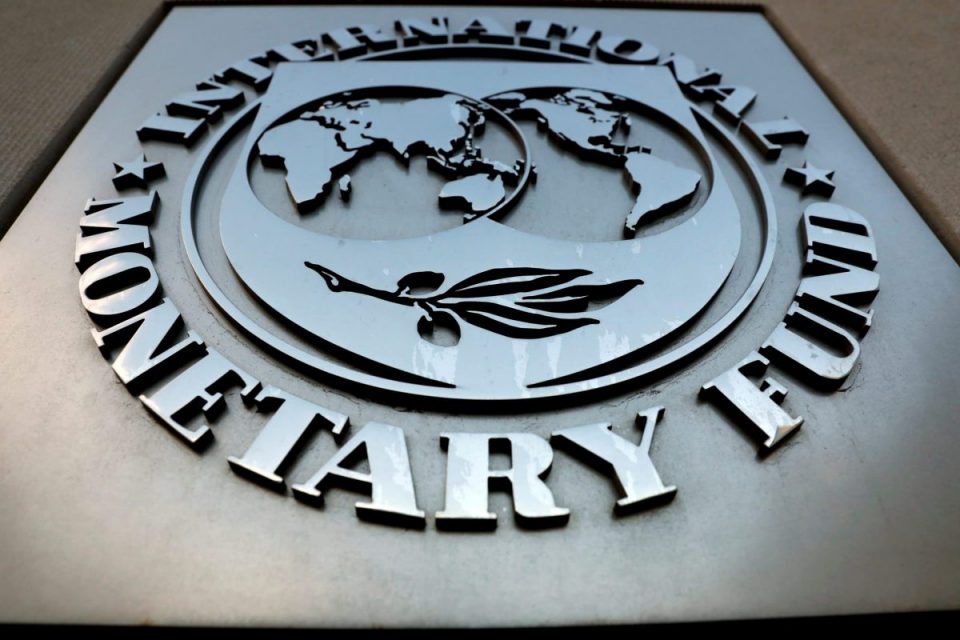ANKARA, Oct 11 — The World Bank and IMF chiefs said Monday that the risk of recession in the global economy is growing due to rising interest rates and slowing economies around the world, reported Anadolu.
“Over these last three years, we lived through unthinkable events that are having significant consequences,” IMF Managing Director Kristalina Georgieva said, citing the coronavirus pandemic, Russia’s invasion of Ukraine, and climate disasters.
She said the global economy has been shifting from an environment with low inflation and low-interest rates to a world that is “more volatile and more fragile.”
“We have calculated that about one-third equivalent of the world economy would have at least two consecutive quarters of negative growth this and next year,” she said, stressing that around US$4 trillion (RM18.69 trillion) would be wiped out by 2026 due to the global economic slowdown — almost equivalent to Germany’s GDP.
“Inflation is stubbornly high and it necessitates tightening of financial conditions that have gone faster than originally anticipated,” Georgieva told a panel called “The Way Forward: Addressing Multiple Crises in an Era of Volatility” during World Bank-IMF annual meetings held in Washington.
The IMF head said China has been struggling with coronavirus disruptions and volatility in the housing market that drag down a global economy, while high-interest rates have “started to bite” in the US.
World Bank President David Malpass said there is a risk of recession for the world economy next year, adding that advanced economies are slowing.
“Currency depreciation means that debt levels for developing countries are getting more and more burdensome. The rise in interest rates puts added weight on it. And inflation is still a major problem for everyone but especially for the poor,” he explained.
The World Bank estimates the pandemic pushed around 70 million people into extreme poverty in 2020, the largest one-year increase since global poverty monitoring began in 1990, while an estimated 719 million people subsisted on less than US$2.15 (RM10.04) a day by the end of 2020, according to a report released last Wednesday.
“Advanced economies are taking a lot of the world’s capital … (through) heavy borrowing by big corporations and central banks themselves buying only the bonds of the very advanced countries. That puts a strain on development from the macro side,” he said.
The World Bank head emphasised that one of the major issues for the global economy is how to get more production and higher growth.
“This starts with advanced economies. They have more capital and the ability to apply it to various sectors. That will help with inflation,” he said.
Malpass said if there could be “a concerted effort” to drive economic growth policies forward, especially ones that improve the supply side, then that would immediately begin to address some of the concerns about inflation expectations.
There has to be a rethinking by advanced economies about capital flows, he added.
“It is very hard to think about a world growth environment where a certain small group of countries has unlimited amounts of debt that they can issue during a crisis. Because as the governments do that, it takes out the available capital,” Malpass explained.
Georgieva said the world cannot afford inflation to be “a runaway train,” and added: “If we joined forces if we act together, we can reduce the pain that is ahead of us in 2023.”
“It is bad to have inflation, it is very bad to have recessions … One area where we opt to join forces is to make it so that more capital goes for climate action in emerging markets and developing economies,” she said.
The IMF chief said while the global community spends around US$30 billion (RM140.1 billion) for climate adaptation and mitigation, in fact, it needs US$3 to US$6 trillion (RM14 trillion to RM28 trillion).
“If emerging markets and developing economies do not bring their emission trajectory down, it does not really matter what advances economies would achieve. Because growth is expanding in the emerging world,” she explained.
— Bernama





